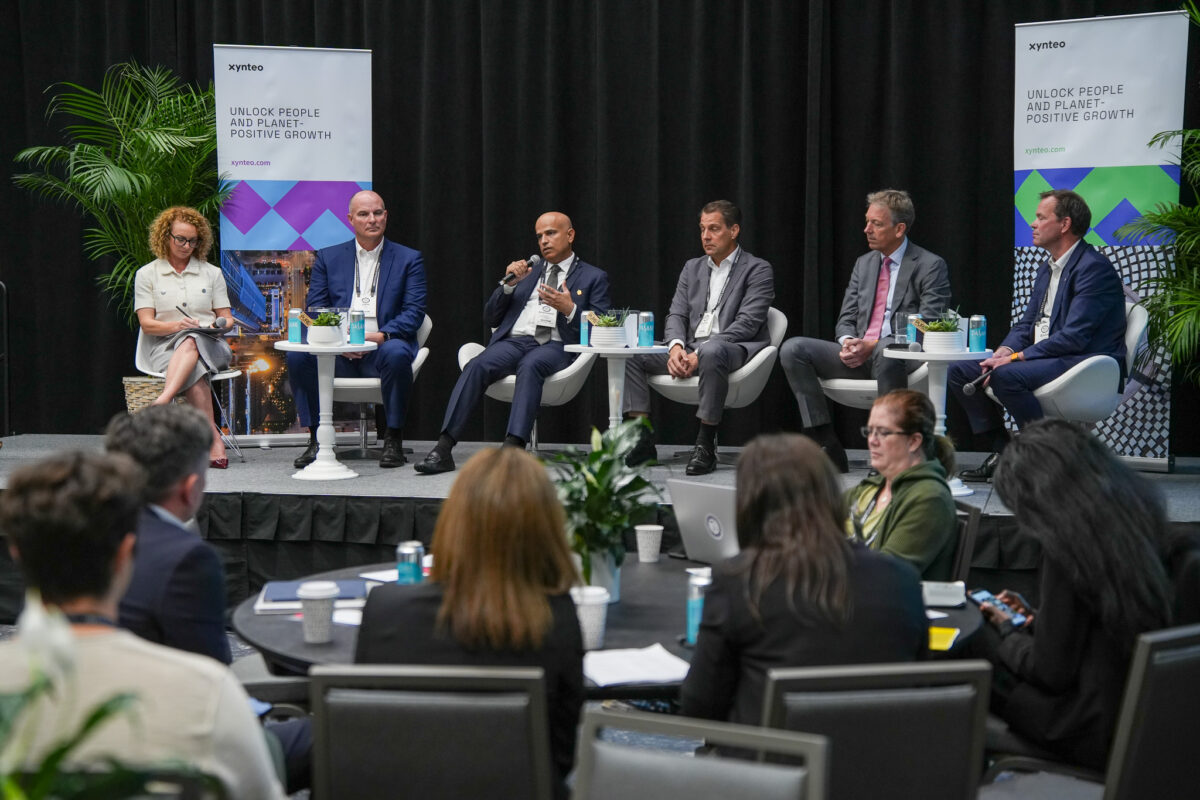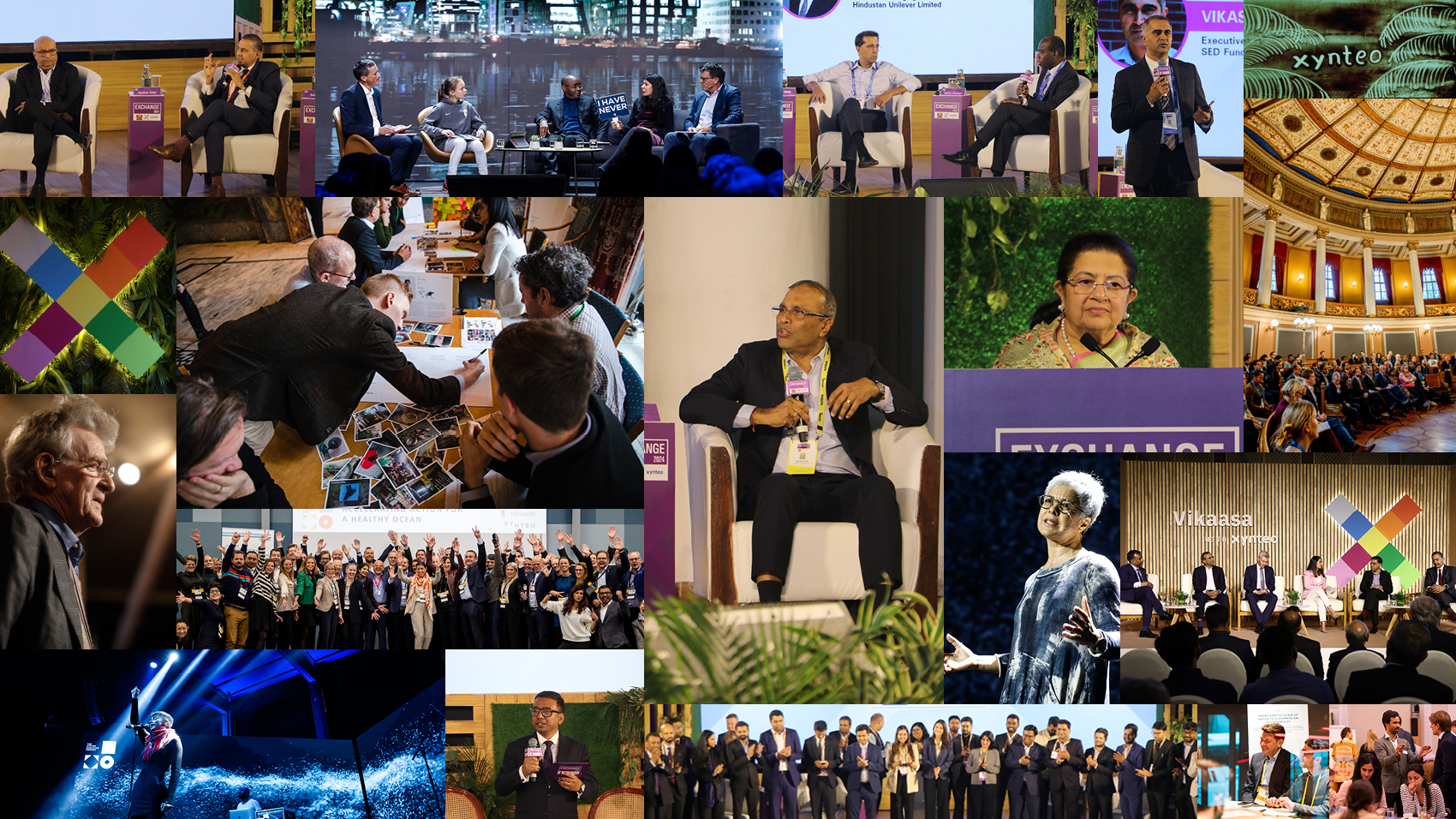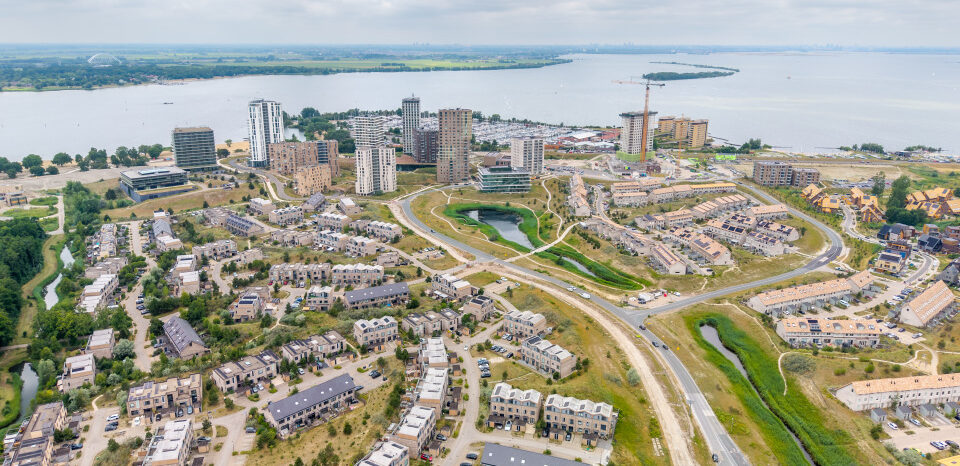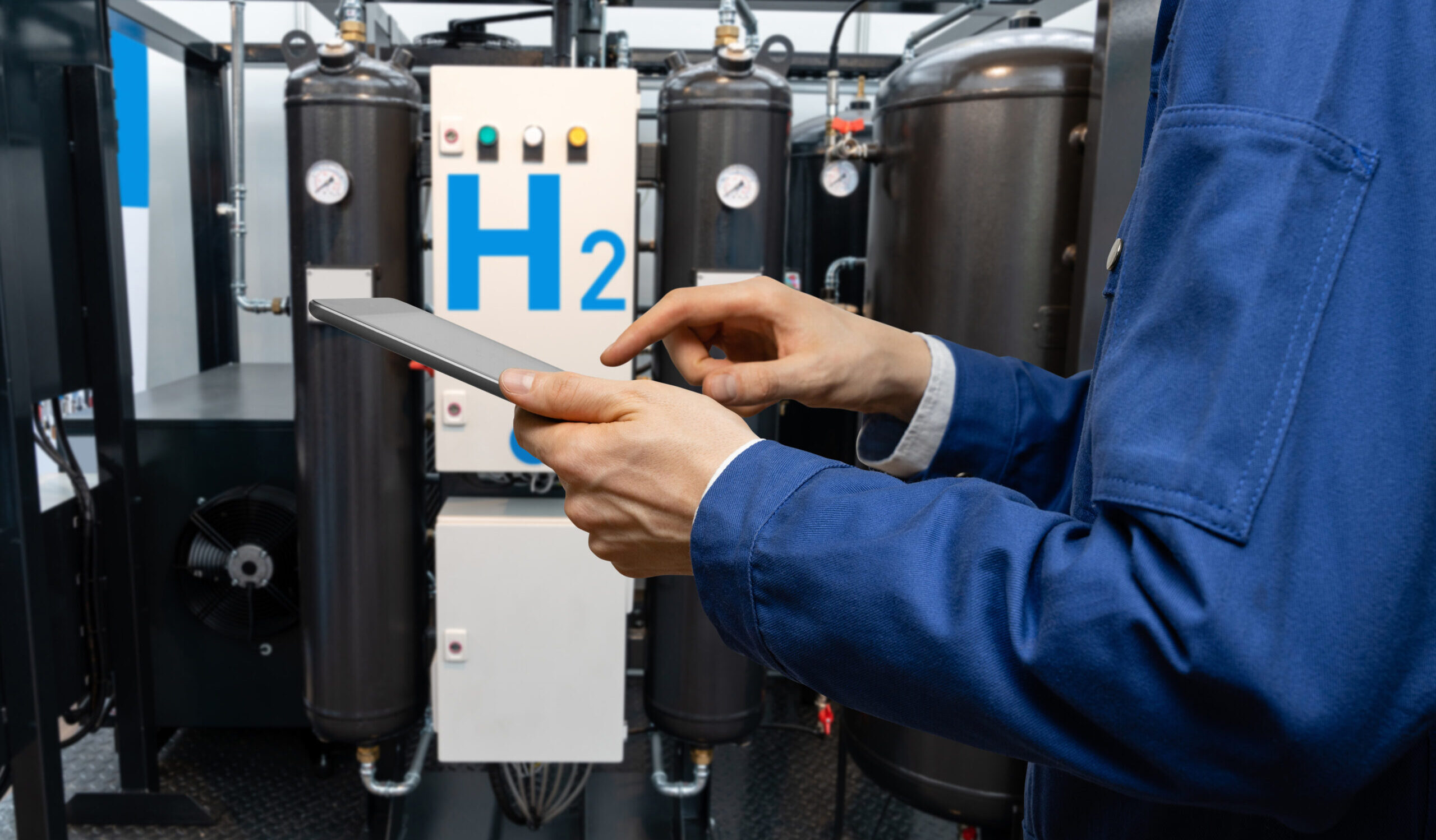Aluminium, a cornerstone of industries from automotive to packaging and construction, stands at a critical juncture. While the sector has already achieved the remarkable feat of decoupling aluminium production from greenhouse gas emissions since 2020, the question remains – is progress continuing and is it happening fast enough to meet our climate goals?
In the race against climate change, can a single industry make a significant impact? When it comes to aluminium, the answer is yes. Aluminium production accounts for 2% of global greenhouse gas emissions, and yet in 2022 alone, global production rose by 2.5% as emissions from the sector fell by 1.2%. Clearly significant positive change is underway, but how can this infinitely recyclable material truly support a low-carbon world and thereby increasing its own demand and decarbonise at the same time?
At this year’s Climate Week NYC, The International Aluminium Institute (IAI) brought together a ground-breaking panel of industry leaders to tackle this very question.
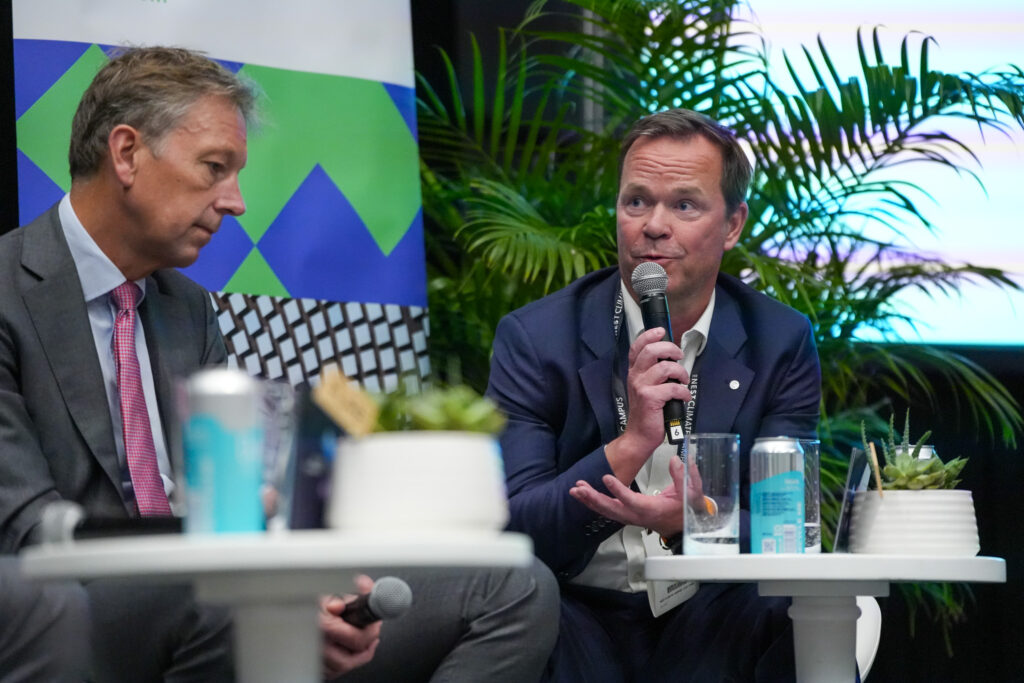
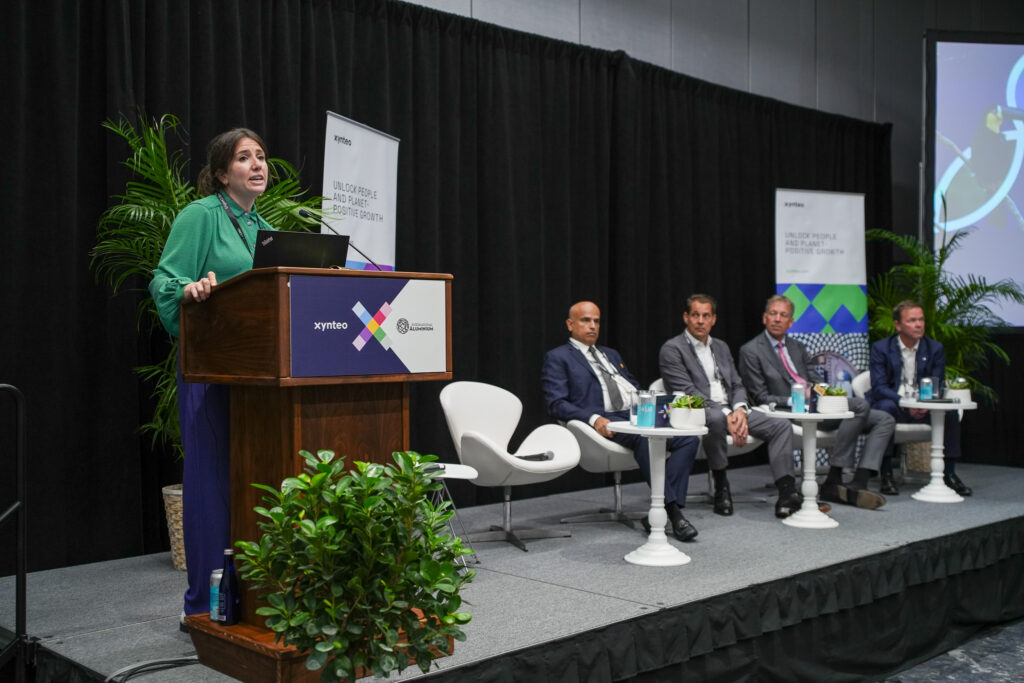
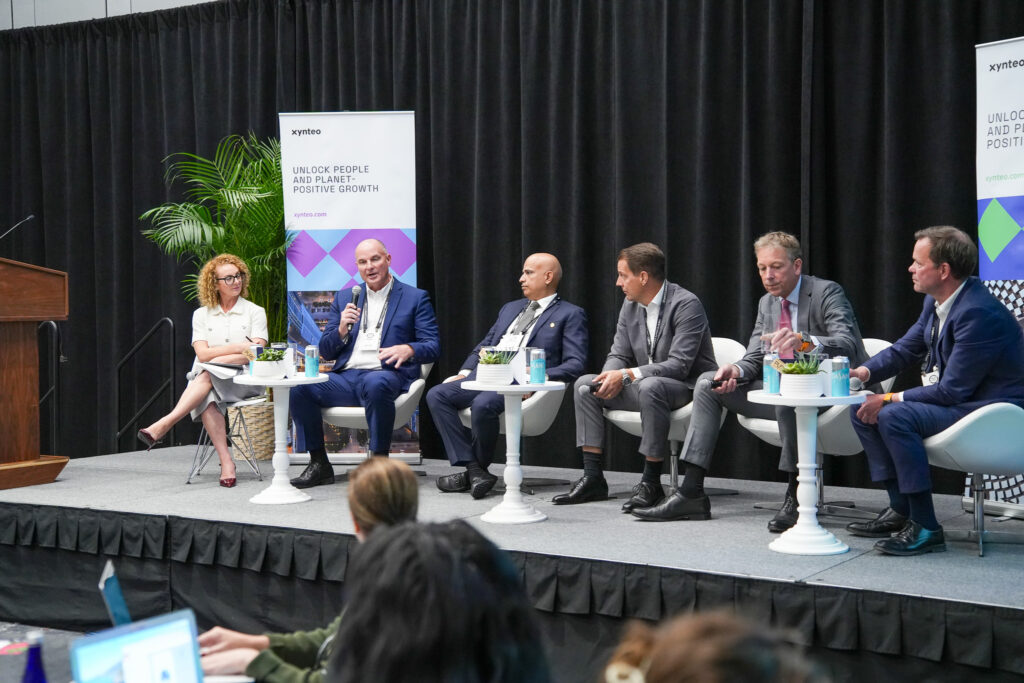
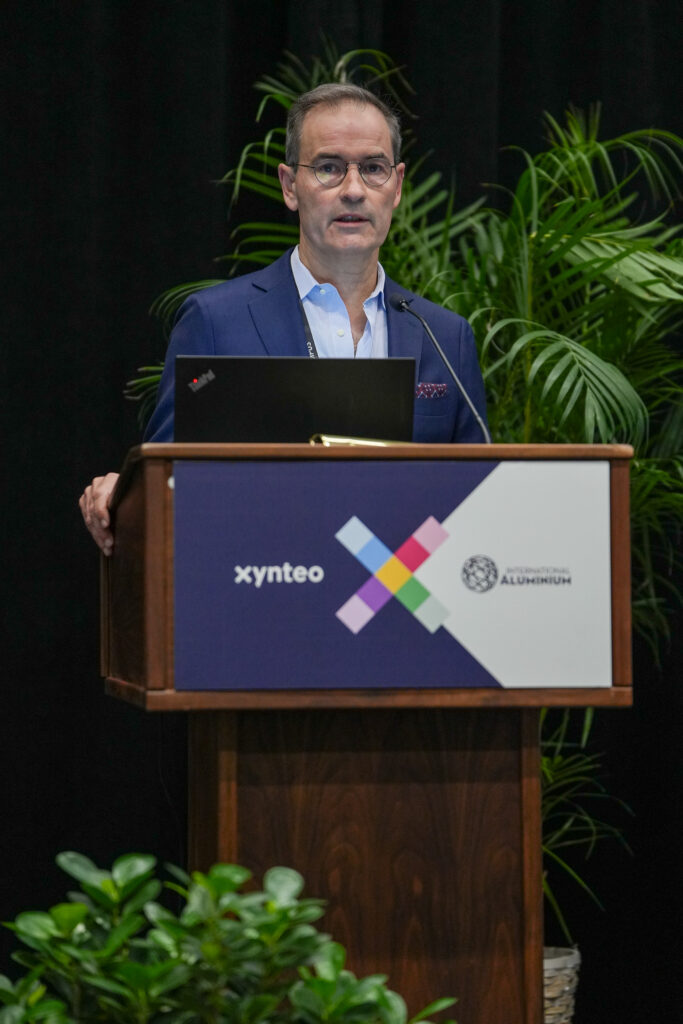
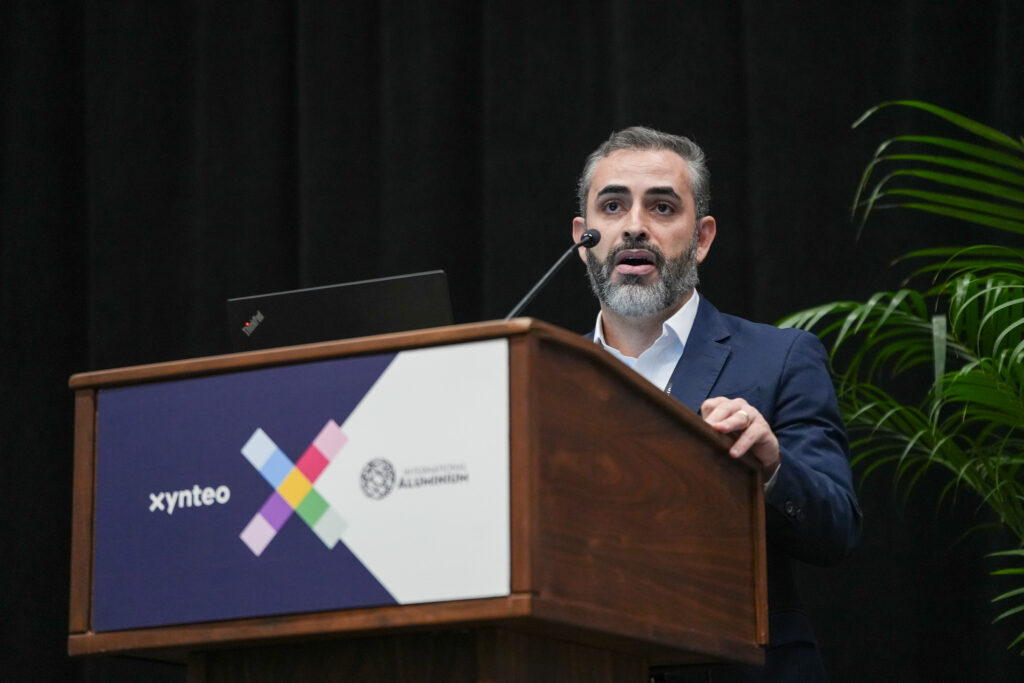
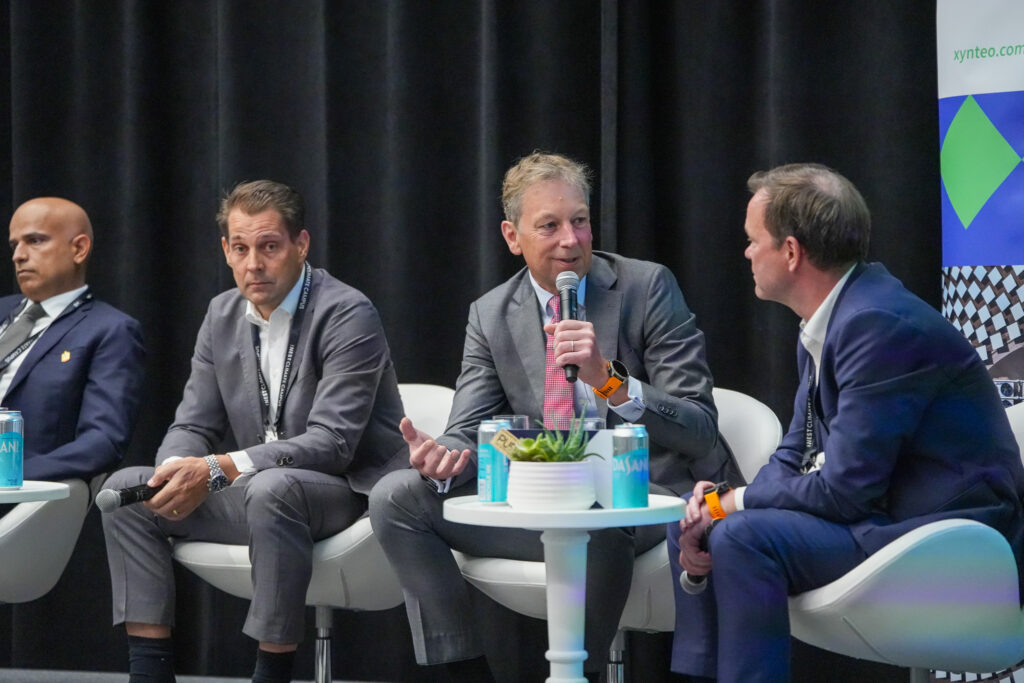
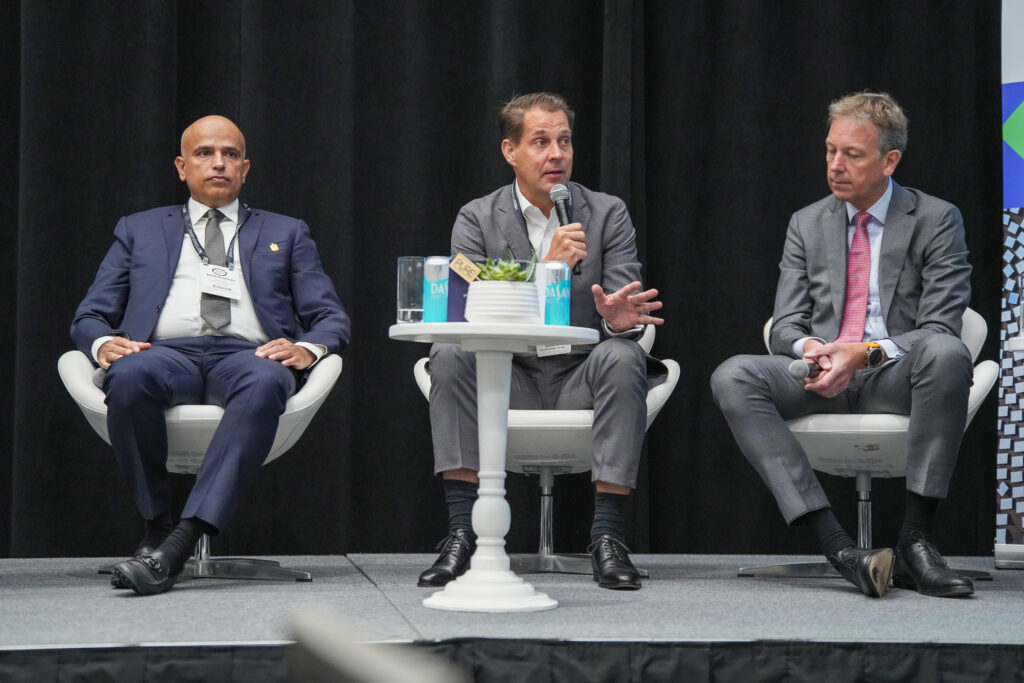
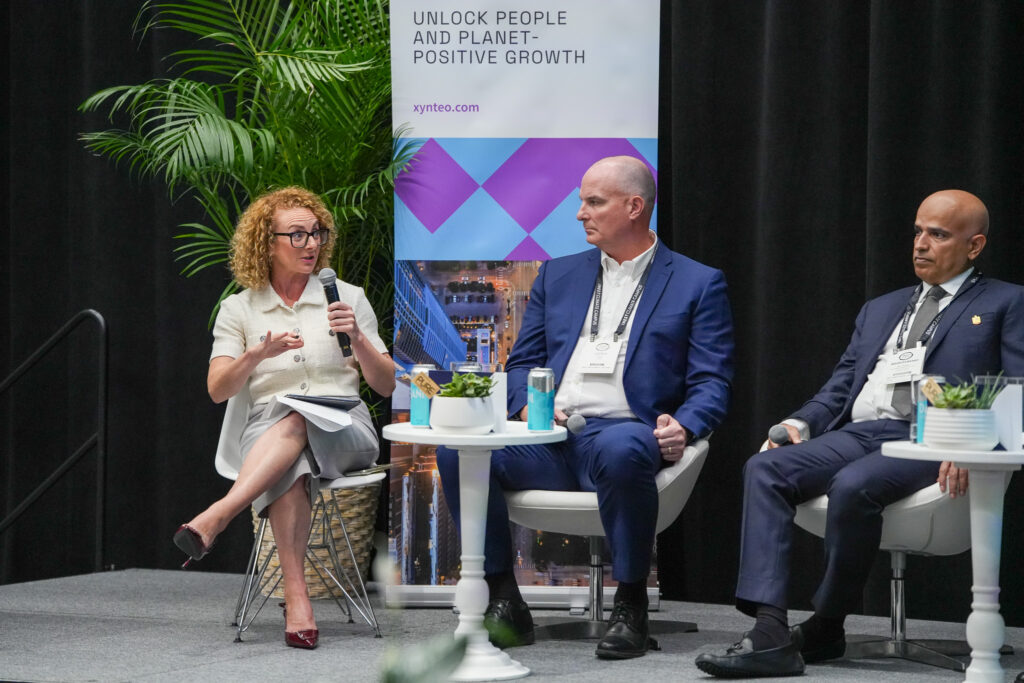
Our expert panel: Maria Alegre, Global Stakeholder Relations Director, Ball; Marlen Bertram, Director, International Aluminium Institute; Abdulnasser Bin Kalban, Chief Executive Officer, Emirates Global Aluminium; Leandro Campos de Faria, Chief Sustainability Officer, Companhia Brasileira de Alumínio; Gunnar Guethenke, Head of Procurement and Supplier Quality, Mercedes Benz; Eivind Kallevik, Chief Executive Officer, Norsk Hydro; Pierre Labat, Chief Strategy and Sustainability Officer, Novelis; John Rost, Senior Vice President – Crown Technology, Global Sustainability and Regulatory Affairs, Crown; Jakob Stausholm, Chief Executive Officer, Rio Tinto; Amy Marshall, Moderator, Xynteo.
The IAI’s role in leading industry decarbonisation efforts
As the global voice of the aluminium industry, the IAI plays a pivotal role in coordinating efforts across the sector to achieve its decarbonisation ambitions. Representing 48% of global primary production in 2022, the IAI spearheads initiatives to drive emissions reductions, improve energy efficiency, and increase recycling rates. The organisation is not only a technical resource but also a convener of industry leaders, policy makers, and civil society organizations – making it uniquely positioned to help forge a pathway to net-zero emissions for the sector.
Since 2020, the IAI has reported a decoupling of aluminium production and emissions, a milestone that reflects the sector’s ability to grow while starting to lower its carbon footprint. According to 2022 data, global aluminium production rose by 2.5%, while total emissions fell by 1.2% during the same period. This shift highlights the impact of sustainability-driven innovation and the expanding role of recycling, which requires significantly less energy than primary production.
Importantly, beyond the sector itself the message from all the various Climate Week NYC discussions is clear – no single company or even industry can tackle this challenge alone. This is particularly rings true of the aluminium industry, where partnerships with industries such as automotive, construction, and consumer goods, can drive demand for low-carbon materials and help other sectors achieve their sustainability goals.
Decarbonising aluminium: Challenges and opportunities
Energy intensity in production – in particular in the smelting process, where in 2022 energy use accounted for 55% of the sectors emissions – remains the key challenge for the industry going forward. This means that the biggest impact will result from the greater availability and use of renewable power. Significant and sustained investment in this area, both by the electricity sector but also by industry players themselves, will unlock innovative ways to source and generate more renewable power. Stable grid infrastructure and energy storage solutions are essential to make this shift reliable and commercially sustainable.
But electricity decarbonisation is just one piece of the puzzle, with the wider role of technological innovation critical to the further decarbonisation of the sector. While not unique to aluminium itself, the sector has a well-placed opportunity to lead development of both the existing suite of renewable solutions and developing or immature technologies such as carbon capture and storage, electrification of alumina refining, casting and downstream processes. The advancement and maturation of these technologies working across industries to drive faster progress overall will require not only within-sector collaboration but also the need to partnership across industries to de-risk these investments and make them scalable.
The IAI’s work in this area has been vital, with its Aluminium Sector Greenhouse Gas Pathways to 2050 Report including laying out a 1.5-degree pathway for reducing carbon emissions from aluminium production.
Recycling and regional disparities
One of aluminium’s greatest strengths is its infinitely recyclable nature, which plays a fundamental role in reducing emissions. Recycled aluminium requires up to 95% less energy to produce than primary aluminium, making it a central focus of the industry’s decarbonisation efforts. In 2022, 33% of aluminium globally came from recycled sources, but IAI has set an ambitious target of increasing that to 50% by 2050, thereby tripling recycling of post-consumer scrap.
But here’s the rub: significant regional disparities exist in recycling policy, infrastructure and awareness of consumers and customers, which hinder the global transition to sustainable aluminium production. The panel stressed the need for greater investment in recycling infrastructure, particularly in regions where it is underdeveloped since aluminium is the only material that can be recycled infinitely with minimum losses while retaining all its qualities, and production is forecast to increase. These regional gaps in recycling must be closed to ensure that the material reaches its full potential in decarbonising the global economy.
Policy and pricing carbon: Incentivising decarbonisation
Policy, too, has a crucial role to play—while industrial subsidies are recognised as helpful, they are a secondary solution. What the aluminium industry really needs is a robust price on carbon. This would incentivise industries to invest in low-carbon materials and technologies, creating a true market for sustainable aluminium.
The development of a stable, cross-sector and cross-border, carbon price mechanism combined with harmonised global regulations would provide the economic incentive needed for aluminium producers to accelerate decarbonisation efforts while ensuring that sustainable practices are both commercially viable and widely adopted.
A path to net zero
The path to net zero for the aluminium industry is challenging but full of promise. With continued investment in renewable electricity, advances in recycling infrastructure, and the adoption of carbon pricing, the aluminium sector is poised to be a key enabler of a sustainable, low-carbon future. It will take collaboration across industries, innovative technologies, and the right policy frameworks to make that future a reality. But together, we can make meaningful progress. The question now is not whether we can decarbonise aluminium, but how quickly we can rise to the challenge. The clock is ticking, and the world is watching.
The IAI will continue to lead the charge in fostering these collaborations, serving as a platform for dialogue between aluminium producers, consumers, and policymakers. By aligning the interests of diverse stakeholders, the IAI is helping de-risk investments in decarbonisation technologies and accelerating the adoption of sustainable practices across the global aluminium value chain—not just facilitating conversation, but catalysing action.
–
Stay up to date with our latest interviews by following us on social media (LinkedIn I Twitter), or Contact Us to find out how we can help your leaders and organisation create people and planet-positive impact.
